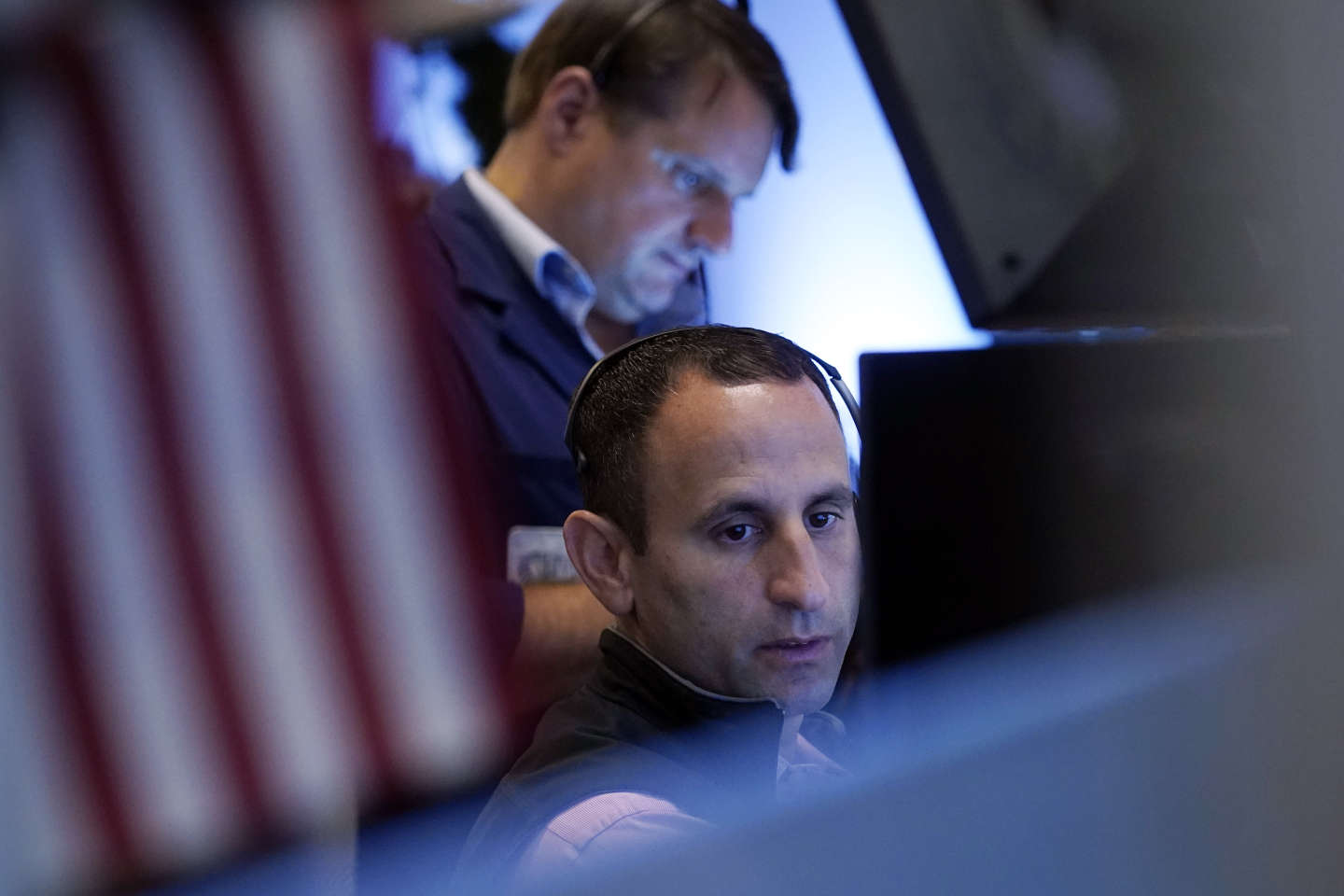- cross-posted to:
- [email protected]
- [email protected]
- cross-posted to:
- [email protected]
- [email protected]
It was early this summer, before Americans started crossing the Atlantic to savor the sweetness of European life. Prices are very much affordable for them there, and the Wall Street Journal gave the reason as being Europe’s inexorable impoverishment: “Europeans are facing a new economic reality, one they haven’t experienced in decades. They are becoming poorer,” wrote the business daily. In 2008, the eurozone and the US had equivalent gross domestic products (GDP) at current prices of $14.2 trillion and $14.8 trillion respectively (€13.1 trillion and €13.6 trillion). Fifteen years on, the eurozone’s GDP is just over $15 trillion, while US GDP has soared to $26.9 trillion.
As a result, the GDP gap is now 80%! The European Centre for International Political Economy, a Brussels-based think-tank, published a ranking of GDP per capita of American states and European countries: Italy is just ahead of Mississippi, the poorest of the 50 states, while France is between Idaho and Arkansas, respectively 48th and 49th. Germany doesn’t save face: It lies between Oklahoma and Maine (38th and 39th). This topic is muted in France – immediately met with counter-arguments about life expectancy, junk food, inequality, etc. It even irks the British, who are just as badly off, as evidenced in August by a Financial Times column wondering, “Is Britain really as poor as Mississippi?”
Europe has been (once again) stalling since Covid-19, as it does after every crisis. The Old Continent had been respected as long as Germany held out. But Germany is now a shadow of its former self, hit by Russian gas cuts and China’s tougher stance on its automotive and machine tool exports. The Americans don’t care about these issues. They have inexhaustible energy resources, as the producers of 20% of the world’s crude oil, compared with 12% for Saudi Arabia and 11% for Russia. China, to them, is a subcontracting zone, not an outlet for high-value-added products. The triumph of Tesla is making Mercedes and BMW look outdated.



This is yet another proof that economics as a study really has no connection to real world.
It really depends on the type and field of economics you’re looking at. Macro and micro are very very different fields. There are also a lot of different ways to present these facts. In general gdp means very little for normal people, and something like the Gini coefficient at least gets a little closer to a metric that actually represents the economic health of a country.